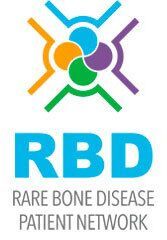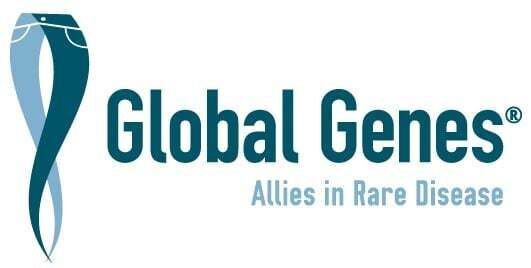
Dr. Kathleen Bogart, director of the Disability and Social Interaction Lab and an associate professor at Oregon State University, discussed the unique challenges that adults with rare diseases face in terms of mental health. Dr. Bogart presentation was part of LGDA’s mental health webinar series.
Her presentation began by considering where rare diseases fit within the broader spectrum of diversity. Our world is characterized by various forms of diversity, and one aspect of it is disability. Within disability, there exists a subgroup of people who have rare diseases. Even though rare diseases may have distinct biological processes, there are commonalities in the mental health challenges faced by individuals with different rare diseases.
Her own experience of living with a rare disease, Mobius syndrome, led her to research and advocate for mental health within the rare disease community. Through connecting with the Mobius syndrome community and the broader rare disease community, she has discovered shared experiences and challenges that transcend the differences in our specific conditions.
One notable fact is that in the United States, rare diseases affect more people than HIV, heart disease, or stroke combined, with over 7,000 different identified rare disorders. Despite the prevalence of rare diseases, only five percent of these conditions have FDA-approved treatments. This underscores the urgent need for support and advocacy within the rare disease community.
As a psychologist, she has identified several common themes and challenges that people with rare diseases face regarding mental health. One key theme is the need for specialized support, as individuals with rare diseases often endure long diagnostic delays and may feel that they do not receive sufficient information or psychological support within the healthcare system.
Social support is essential for overall well-being, and psychologists recognize four types: companionship, emotional, informational, and tangible support. To enhance one's psychosocial quality of life, it's crucial to have aspects of each of these types of support.
Stigma is another significant challenge faced by those with rare diseases, stemming from a lack of public awareness and healthcare provider knowledge. This can result in blame, minimization of experiences, and discrimination, both on an interpersonal and systemic level.
Isolation is a common feeling among individuals with rare diseases due to the rarity of their conditions, making it unlikely to encounter others with the same condition in their daily lives. This sense of isolation can lead to a profound need for connection with others who understand their experiences.
In a study she conducted in 2022, which she believes is one of the largest studies of adults and caregivers with rare diseases in the United States. Her team found that individuals with rare diseases often experience diagnostic delays, insufficient psychological support, and significantly poorer quality of life and greater stigma compared to the general population. These findings emphasize the need for targeted mental health interventions within the rare disease community.
Moreover, age of onset, visibility of symptoms, and the course of the disease are crucial factors that influence the mental health experiences of individuals with rare diseases. Those who acquire their conditions later in life may face unique challenges, as do those with highly visible conditions, as opposed to those with less apparent symptoms. The disease's course, whether it is progressive, stable, episodic, or improving over time, also affects mental health outcomes.
Regarding disclosure about their condition, individuals with rare diseases may adopt different strategies, such as compelled non-disclosure, autonomous non-disclosure, or open disclosure. Each approach has its own set of challenges and benefits, highlighting the importance of understanding one's own needs and comfort levels when sharing their condition with others.
To support mental health, self-care is essential. This includes physical, emotional, psychological, social, and professional self-care. It's crucial to assess where you are in each of these areas and adjust as needed.
If you are concerned about your mental health, consider taking well-validated screeners to assess your risk for common mental health conditions. Seek support through crisis hotlines like 988, or connect with a mental health therapist who specializes in rare diseases.
Remember that you are not alone in your journey with a rare disease. Your unique experiences and resilience can be powerful tools for advocacy and connection within the rare disease community. Together, we can work towards reducing stigma, increasing support, and improving the mental health of those affected by rare diseases.
See Dr. Bogarts entire presentation at: https://lgdalliance.org/patients-caregivers/resources/bogartvideo.html






